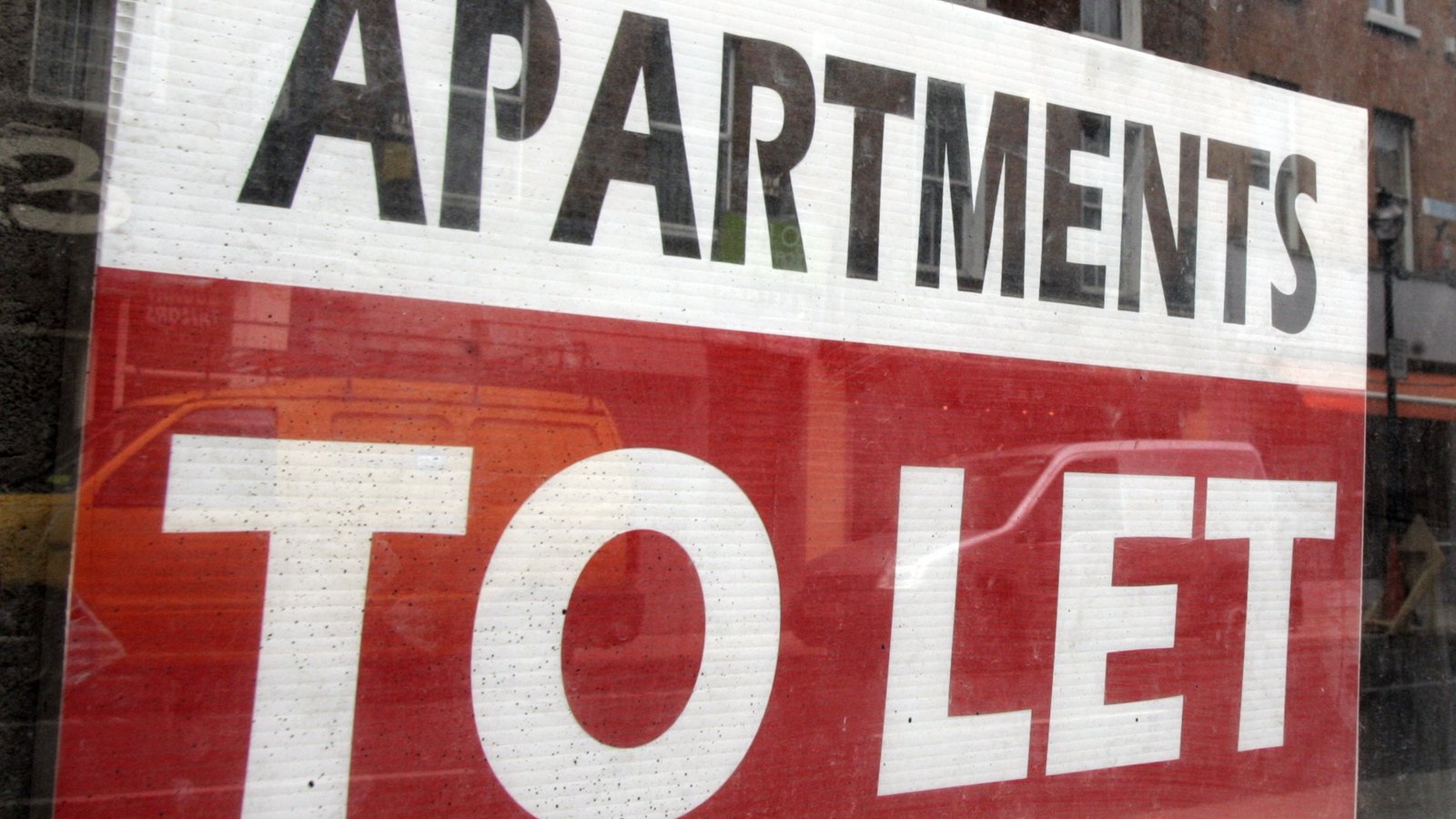Yes, exactly. The cost of owning a house is spread out over the lifetime of the owner rather than just front end loaded.increased property taxes will mean increased costs in owning a house.
Thus house prices drop. Thus mortgages become smaller. The amount of money the average buyer can afford to finance determines the price of houses.This will have an impact on peoples ability to pay as per the banks. Thus, less people will qualify for a mortgage.
The demand will be the same.Thus less demand for property. Thus builders will stop building.
Why would builders stop building? Don't tell me you believe the spin from Tom Parlon about how builders aren't making money.
Where did you get €300 for material and labour from? The cost of materials is around €45-€55 per square foot so well under €100k even for a large 4 bed home.If it costs a builder €300,000 in materials to build a house and the demand for the house is there at €250,000 but not €300,000, do you think:
a) the house won't get built
or
b) the house builder will pay out €300,000 in materials and labour etc to build the house and then sell it for €250,000?
Labour is a little less. For a 1300sq/ft house labour and materials are still well under €150k, and that's using our current grossly inefficient construction methods which are extremely labour intensive and where 30% of all the materials that arrive on site end up in a landfill.
No, they mean lower property prices, more trading down, lower mortgages and a broader tax base.Increasing property taxes means increased costs in owning a house and reducing peoples ability to pay.
